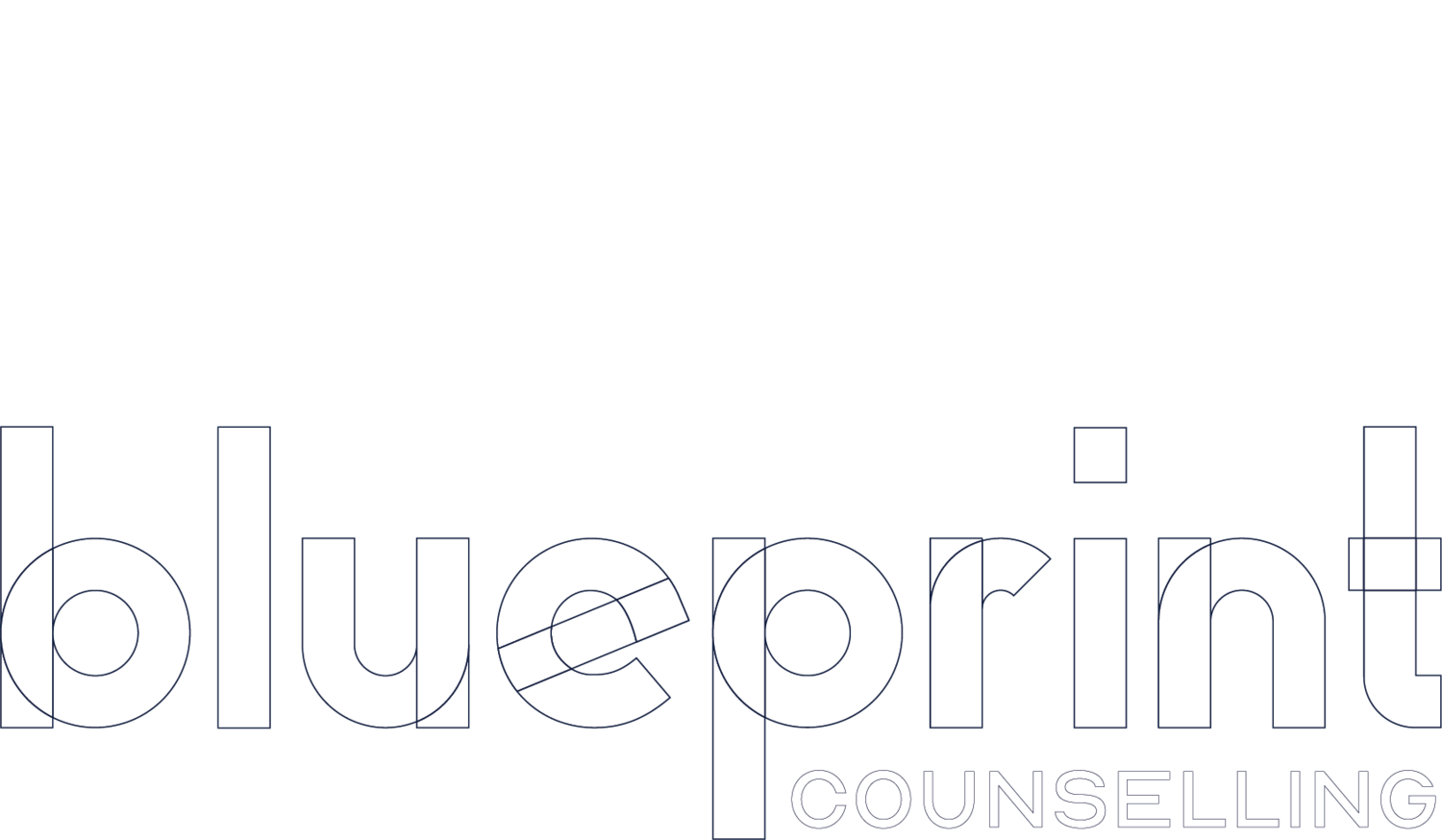ADHD and Sleep: Understanding the Connection
Sometimes, the journey with ADHD seems to be accompanied by sleep troubles. It's a common thread that many, regardless of age, who navigate life with ADHD, find themselves entangled in. In this piece, we’re set to uncover the theories behind the frequent intersection of sleep difficulties and ADHD and propose some strategies that could help ease the nighttime restlessness.
Two-Way Street:
Sleep and ADHD often engage in a two-way dialogue, each with the potential to influence the other. It's not uncommon for ADHD to make getting quality sleep a challenge, just as inadequate sleep can intensify ADHD symptoms. The overlap between the two could be due to hyperactivity serving as an adaptive mechanism to fend off sleepiness, keeping us more alert. Fascinatingly, less sleep can sometimes trigger the brain into a heightened state of wakefulness, which might explain why those with ADHD often feel more energized on less sleep.
Circadian Rhythm:
There's also a connection between ADHD and a unique internal sleep pattern, or circadian rhythm, that’s on a ‘delayed phase’. This translates to many with ADHD finding their sleepiness peak later in the night, often falling asleep between 2 and 4 am, and waking later in the morning. This natural rhythm can clash with societal norms and schedules, potentially leading to more daytime sleepiness.
Other Possibilities:
Furthermore, individuals with ADHD might struggle with falling asleep or returning to sleep due to a mind that tends to wander, and they may not readily pick up on their body’s cues for sleep—which can be more subtle when ADHD is in the picture.
Strategies for Improving Your Sleep
1 – MAKE CHANGES TO YOUR SLEEPING ENVIRONMENT
Light
Keep your space as dark as you can, with curtains and/or a sleep mask.
Try waking up to a light-based alarm that simulates the sunrise instead of a noise-based alarm.
Try to get some light first thing in the morning by stepping outside or going for a short walk.
Sound
Keep your space as quiet as possible while you sleep.
If helpful, use ear plugs or listen to white noise.
Bed
Make sure your bed is ready and made before you go to sleep.
Use a weighted blanket if comfortable.
Electronics
Leave electronics outside of your bedroom if you can, or farther away from your bed.
Use blue light glasses or filters if needed closer to bedtime.
2 – MAINTAIN A SLEEP SCHEDULE
Consistent Nighttime Routine
Try a single activity or set of activities to signal to your body that it is time for bed (ex. skincare, brushing teeth, stretching, reading).
Adding this to an existing routine can help you to remember.
Try going to sleep at the same time each night and waking up at the same time each morning.
Reminders
Set an alarm to remind you to wind down for bed an hour or so before you want to fall asleep.
If helpful, set another alarm 15 minutes before that to remind you to start wrapping up whatever you are doing.
Conscious Napping
Pay attention to how naps impact your ability to fall asleep. If it makes it more difficult to sleep at night, think about avoiding naps during the day.
If naps work well for you, be conscious of your optimal nap time.
Get Up Until You’re Sleepy Again
If it’s taking a long time to fall asleep, try getting up out of bed and getting some water or doing a relaxing activity until you feel sleepy again.
3 – IMPLEMENT NEW PRACTICES TO IMPROVE YOUR SLEEP
Practice Relaxation Techniques
Listen to music, a relaxing podcast, or ASMR.
Colour or draw.
Have a warm shower or foot bath and then let your body cool down before bed.
Drink a warm glass of milk or herbal tea before bed.
Exercise and Eating/Drinking
Try to avoid caffeine, alcohol, and high amounts of sugar in the evenings before bed which might keep you more awake.
Try exercise during the day to tire your body and help with forming neural connections.
Medications and Natural Remedies
Using medications as prescribed or natural remedies as recommended can be a helpful way to get on a good sleep schedule.
Long-term use of medications or natural remedies however might impact your body and your mood, so only do so under the direction of a physician or naturopath.
ADHD Medication
Pay attention to how your medication impacts you personally around sleep (maybe it makes it tougher to read your body’s signals for sleep, or maybe it has a positive impact!)
Reach out to your primary care provider if any concerns arise.
Maintaining a regular sleep schedule and allowing yourself time to unwind at night can be tough, often due to factors like ADHD. If sleep has been elusive and the thought of bedtime feels daunting, it’s essential to treat ourselves kindly and be understanding about our sleep struggles, particularly when we’re experiencing ongoing lack of rest. Sometimes, simply shifting our focus to resting comfortably in bed, rather than fixating on the act of sleeping, can make a significant difference.
Remember, when it comes to sleep, it's deeply personal—your sleep, your body, and your mind. You're the expert on you! If something isn't working after giving it a fair shot, feel free to change it up. And don't hesitate to get in touch with Blueprint for extra help with ADHD and sleep matters. We're here to support you every step of the way!
Resources:
Blueprint ADHD Assessments & Treatment
Podcasts:
A Dopamine Kick - Ep. 79: Adult ADHD and Sleep
Hacking Your ADHD - ADHD Management: Sleep and Exercise
Translating ADHD - ADHD and Sleep
ADHD for Smart Ass Women - Ep. 148: ADHD and Sleep: Beyond the Boring Strategies
Books:
Phil Boissiere - Thriving with Adult ADHD
